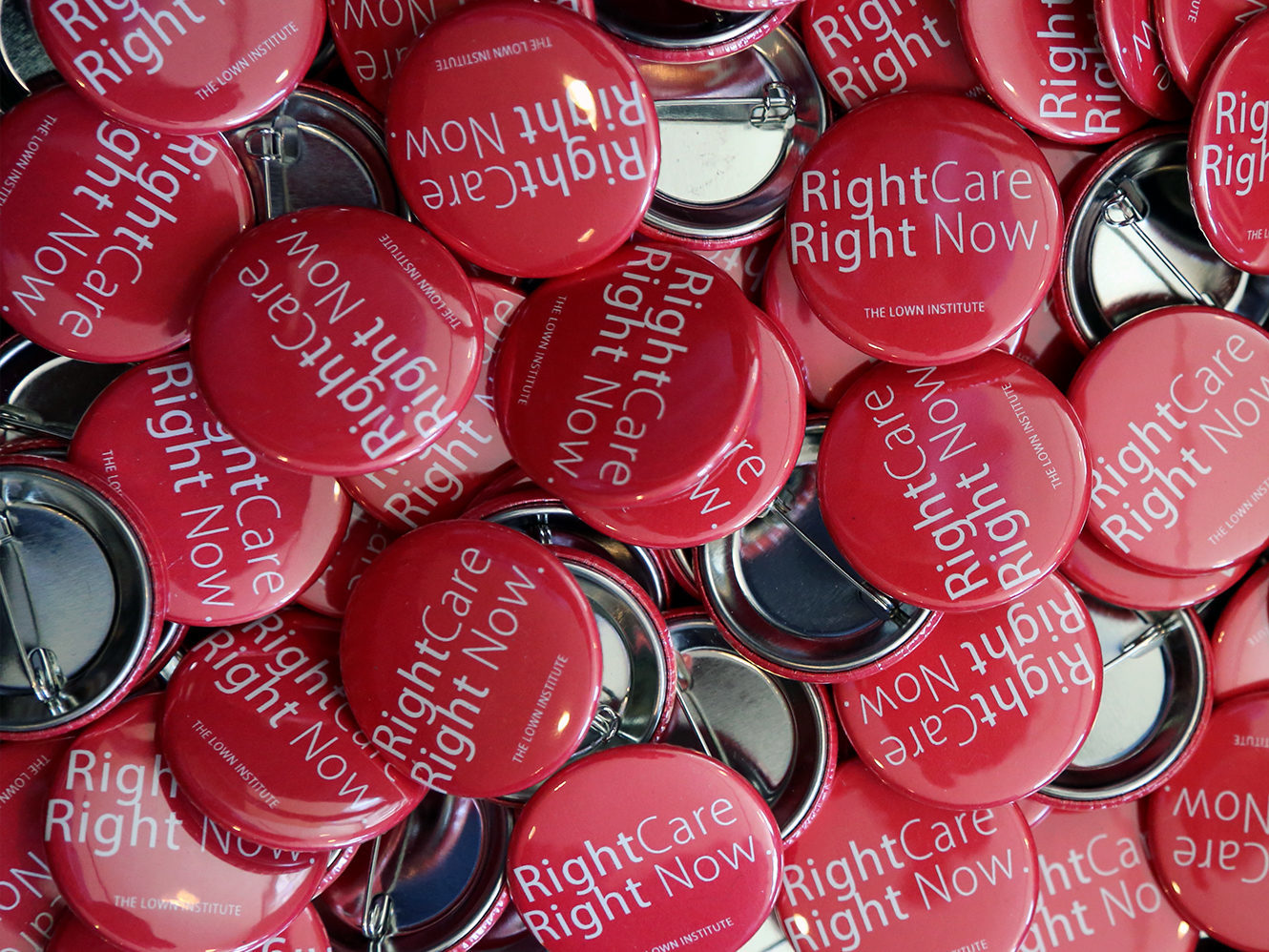Primary care doctor and RCA member Andy Lazris has seen it happen dozens of times – one of his patients goes to the local hospital for a minor problem and is given unnecessary tests, drugs, and consultations with specialists, all without the hospital contacting Lazris to let him know about these developments. The lack of communication between hospitals and primary care doctors is causing harm to Lazris’ patients, many of whom are elderly and frail, and do not fully understand the potential harms of the treatments they are being asked to consent to.
“When primary care doctors are marginalized, outcomes are worse, cost is higher, and patients and families are more likely to feel lost and unable to make good medical decisions,” says Lazris.
So Lazris decided to do something about it. He’s working with officials at his local hospital, to create a model for communication between hospitalists and primary care providers. However, Lazris recognizes that speaking with hospital officials is necessary but not sufficient for real policy change. Lazris and his patients have been putting pressure on the hospital from the outside, to get the hospital to make contact with patients’ primary care physician mandatory upon admission. Lazris has published an op-ed in the Baltimore Sun to raise awareness about this little-known issue and is speaking with state and local policymakers to get it on their agenda. He has also mobilized many of his patients to write letters to the hospital and is encouraging other primary care doctors to launch similar letter-writing campaigns.
Although writing op-eds and letters might ruffle some feathers, putting public pressure on the hospital is essential, because Lazris knows hospital behavior will not change on its own. “The hospital has to compel its well-compensated hospitalists to contact primary care as part of their essential actions of the day,” he says, “Anything less than that is medically derelict.”

